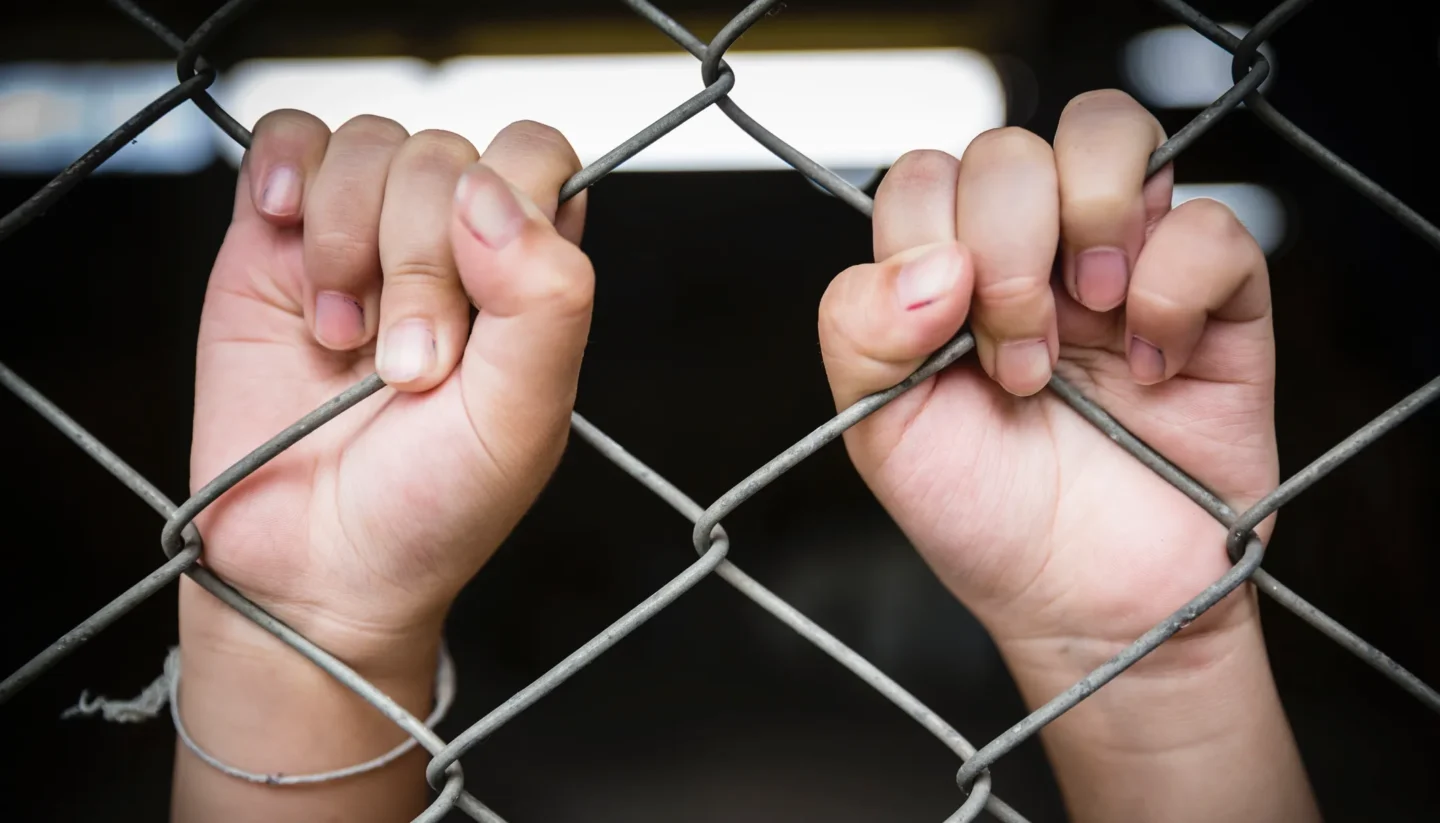In recent years, the issue of juvenile life without parole (JLWOP) sentences has undergone significant legal scrutiny and reform. One notable development in this context is the case of People v. Heard, which established a new process for resentencing JLWOP offenders. This landmark decision recognized the potential for rehabilitation and reintegration, highlighting the importance of considering the unique circumstances and characteristics of juvenile offenders. This article delves into the implications of People v. Heard and its impact on the criminal justice system.
Background on JLWOP Sentences
Juvenile life without parole sentences refer to the practice of imposing life imprisonment without the possibility of parole for individuals who committed crimes as juveniles. This sentencing practice gained considerable attention due to concerns regarding its constitutionality and fairness, particularly when applied to individuals who were under the age of 18 at the time of the offense. Critics argue that such sentences fail to account for the developmental differences between juveniles and adults, denying young offenders a chance at redemption.
People v. Heard: A New Process for Resentencing
In August 2022, the California Supreme Court’s ruling in People v. Heard introduced a new process for resentencing individuals serving JLWOP sentences. The court held that individuals who were sentenced to life without parole for crimes committed as juveniles are entitled to a meaningful opportunity for release, acknowledging the potential for growth and rehabilitation during an extended period of incarceration. The decision emphasized the importance of considering the unique circumstances of juvenile offenders, including their level of maturity, culpability, and capacity for change.
Factors Considered in Resentencing
Under the new process outlined in People v. Heard, judges are required to consider several factors when resentencing JLWOP offenders. These factors include the individual’s age at the time of the offense, their intellectual and emotional development, the presence of any mitigating circumstances, the potential for rehabilitation, and evidence of their growth and maturation during incarceration. By taking into account these factors, the courts aim to determine whether an individual has been sufficiently rehabilitated and can be safely reintegrated into society.
Implications and Controversies
The decision in People v. Heard has significant implications for JLWOP offenders across California. It recognizes that individuals who committed crimes as juveniles possess the capacity for change and deserve a chance at redemption. By introducing a new process for resentencing, the court seeks to rectify the inherent flaws of JLWOP sentences, which failed to consider the potential for rehabilitation and focused solely on retribution. However, critics argue that resentencing might undermine the interests of victims and their families, who expect those responsible for heinous crimes to face the consequences of their actions.
People v. Heard represents a pivotal step towards addressing the issue of juvenile life without parole sentences. By acknowledging the potential for growth and rehabilitation, the court has established a framework for resentencing JLWOP offenders, focusing on individual circumstances and ensuring that justice is served in a manner that is fair, just, and considerate of the unique characteristics of juvenile offenders.
The information provided herein does not constitute legal advice, nor is it a substitute for your own legal research. If you have questions, Wentworth Law Firm offers free consultations.
